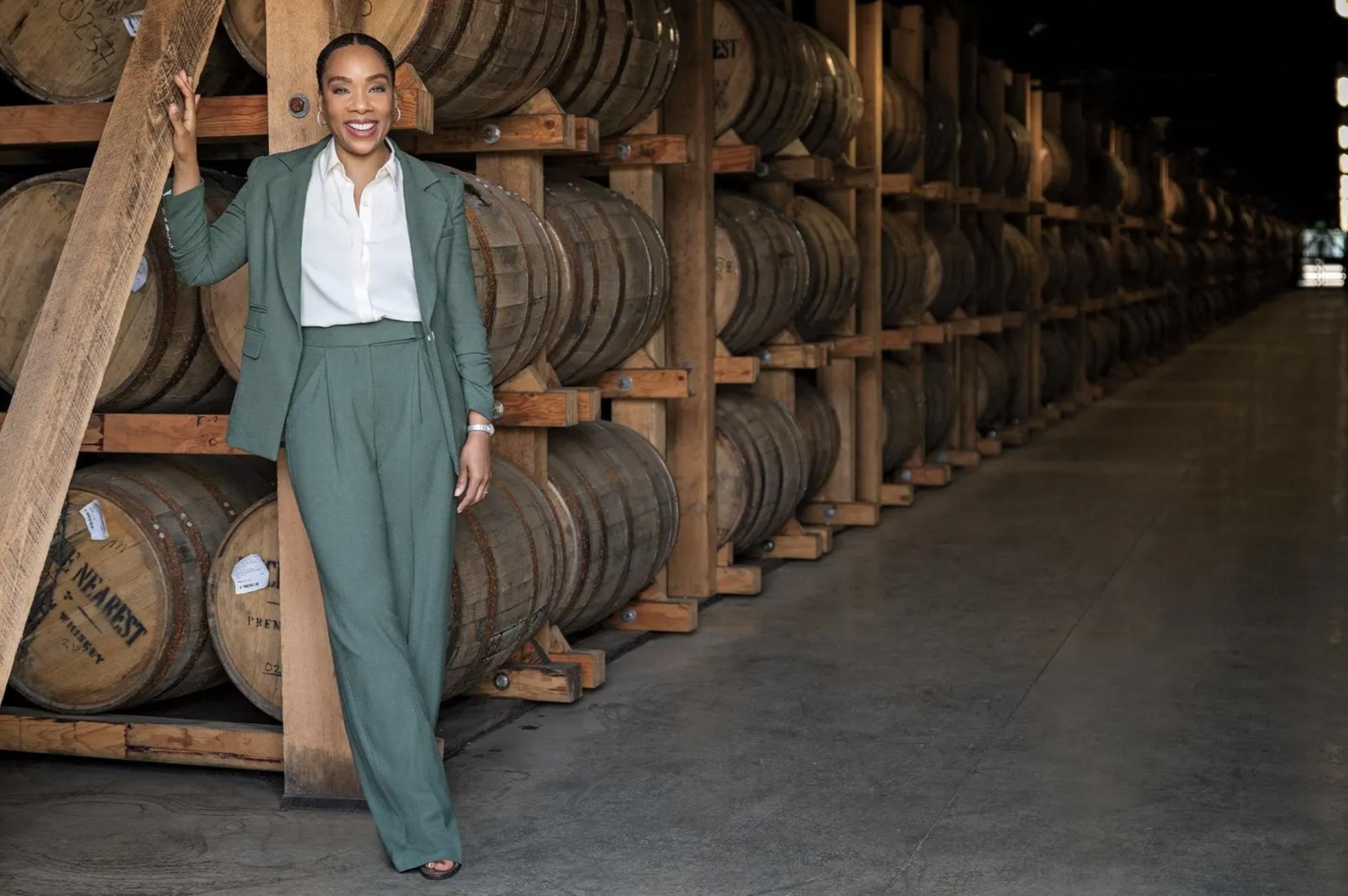Have you tried Uncle Nearest whiskey? I’m thrilled to share my latest magazine feature, all about this incredibly fast-growing business and its founder and CEO Fawn Weaver. After visiting Uncle Nearest’s distillery in Shelbyville, Tennessee, I began to fully grasp what Weaver has been building over the past seven years, and wow was I blown away.
Weaver’s entrepreneurial celebration of Nearest Green—the formerly enslaved first master distiller of Jack Daniel’s who Weaver calls “the best whiskey maker the world never knew”— has been a runaway success since it launched in 2017. Uncle Nearest is the fastest-growing whiskey in U.S. history—its sales have tripled since 2022—and the best-selling Black-founded and -led spirit of all time.
I go deep, explaining how Weaver has refined the playbook for how to build an independent spirits startup. She has shunned venture capital and private equity funding in favor of lots of smaller investments, structuring deals to maintain control of the company and ownership of the land.
“I don’t believe you own the brand unless you own the land. It’s special to us. But it’s also incredibly special to Black people,” Weaver told me. “Historically, we’ve done a lot of renting but not a lot of owning. A lot of being an ambassador and building other people’s stuff, but not a whole lot of building our own.”
Despite Weaver’s ban on institutional capital, investment bankers constantly reach out. Forbes conservatively estimates her business is worth $1.1 billion, and Weaver’s stake is valued at $470 million, which lands her on Forbes’ annual list of America’s Richest Self-Made Women for the first time.
Many spirits brands reach a level of scale and “just kind of peter out,” Goldman Sachs’ Jason Coppersmith, a top food and beverage banker, explained to me: “What Fawn and team have been able to do is bucking the trend,” says Coppersmith. “Uncle Nearest is a brand that’s getting a lot of attention for the exact right reasons.”
But Weaver says she will never sell. Her vision is bigger than that.
“I’ve stood my ground even when people were saying, ‘She has to have a number,’” Weaver explained. “They’ve thrown every number at me and gotten the same response—no. That’s what I’m most proud of.”
I can’t wait for you to dig into this inspiring story.
— Chloe Sorvino, Staff Writer
Order my book, Raw Deal: Hidden Corruption, Corporate Greed and the Fight for the Future of Meat, out now from Simon & Schuster’s Atria Books.
This is Forbes’ Fresh Take newsletter, which every Friday brings you the latest on the big ideas changing the future of food. Want to get it in your inbox every week? Sign up here.
What’s Fresh
How To Build A Whiskey Unicorn
Fawn Weaver has refined the playbook for how to build a spirits startup.
JAMEL TOPPIN FOR FORBES
Fawn Weaver founded Uncle Nearest to honor the formerly enslaved master distiller who taught Jack Daniel the secret to making great whiskey. Seven years later, she owns the most successful Black-owned liquor empire, worth $1.1 billion, with ambitious plans for the future.
America’s Richest Self-Made Women
Uncle Nearest founder Fawn Weaver, singer Katy Perry, ABC Supply Chairman Diane Hendricks.
PHOTOS, FROM LEFT: JAMEL TOPPIN FOR FORBES, ART STREIBER/DISNEY; GABRIELA HASBUN FOR FORBES
Weaver and another alcohol founder, Merrilee Kick, join this year’s list. Another four women from the food industry, including The Wonderful Company’s Lynda Resnick, Panda Express’ Peggy Cherng and Clif Bar’s Kit Crawford, are back on the ranking.
Bird Flu (H5N1) Explained: Study Suggests Drinking Infected Milk Could Spread Disease
Getty Images
Bird flu typically spreads among birds, but there have been recent outbreaks among cattle, with one Texas man contracting the virus from sick cows. Here’s why so many experts are worried about a possible new pandemic.
Nestlé Launching Frozen Food Brand For Ozempic Users
AFP via Getty Images
The frozen food line, dubbed Vital Pursuit, will feature a variety of nutrient-dense meal options priced at $4.99 and under.
Noma Returns To Kyoto For A Pop-Up This Fall, Celebrating Its Finale As A Restaurant
ILLUSTRATION BY YUNJIA YUAN FOR FORBES; PHOTO BY ALEXLMX-GETTY IMAGES
Chinese ecommerce sites Shein and Temu ship the equivalent of 88 Boeing 777 freighters of cargo worldwide every day. Cyrus Farivar reports on their “continuous ‘thirst’ for air freight,” environmental cost, and lack of a maritime logistics solution as they supercharge their expansion into the U.S.
Thanks for reading the 112th edition of Forbes Fresh Take! Let me know what you think. Subscribe to Forbes Fresh Take here.





